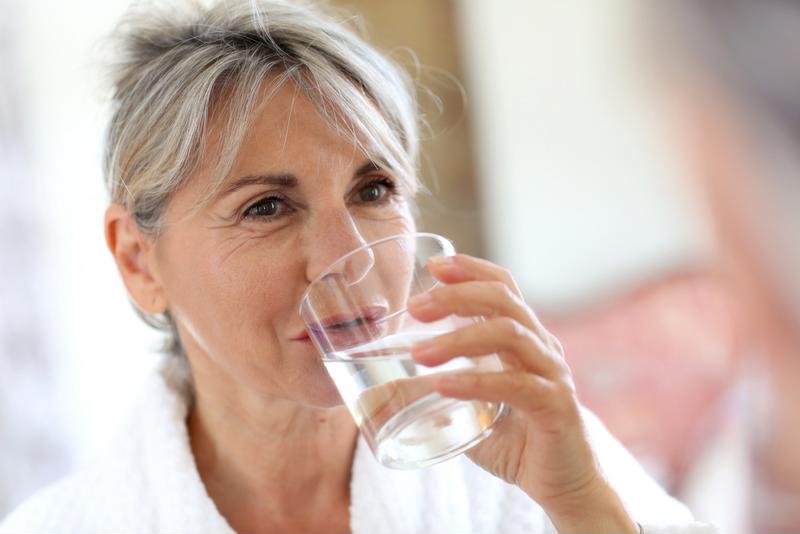Blue skies, beach days and barbecues are a few of summers greatest assets. The sun is bright, warm and often essential for the outdoor activities youre able to enjoy exclusively during the summer months. However, theres a limited amount of time people can spend in the heat.
On particularly toasty days and when people are engaging in physical activities, theres an increased chance that they can experience negative side effects from the heat. From heat cramps to heat exhaustion and even heat stroke, here are the facts about the dangers of extreme warmth and tips for staying cool this summer.
Heat cramps
Discomfort as a result of the summer sun and humidity is the first sign of heat illness. The cramps typically begin in peoples legs and abdomens. Its important to act quickly at this stage before the illness progresses to heat exhaustion or stroke. When someone is experiencing heat cramps, they should elevate their feet in a cool place and drink plenty of water to feel better.

Heat exhaustion
This more serious heat illness develops when the body is dealing with an extreme loss of water. Those affected can feel weak, fatigued, dizzy, cramped and nauseous. They may have a flushed complexion, fast and shallow breathing, and very sweaty skin. If you see people experiencing heat exhaustion, move them to a shady or cool area and provide them with lots of cold water. A cool shower can also make a big difference in their body temperature.
Heat stroke
The most intense form of heat illness is heat stroke. This happens if a person has already entered heat exhaustion and doesnt cool down fast enough. Its a serious ailment that requires immediate medical attention. When people have heat stroke, their body cant maintain a healthy and safe temperature on its own. They often lose the ability to sweat and their body temperature can jump as high as 106 degrees within 30 minutes.
Symptoms of heat stroke are similar to heat exhaustion, with a few key differences. People who are experiencing heat stroke may have severe headaches, dizziness and chills. They may also slur their speech and hallucinate. Compared to the sweatiness that results from heat exhaustion, heat stroke causes hot and dry skin.
If you see people entering heat stroke, they should be moved to an air-conditioned area as soon as possible. Call 911 and while you wait for emergency personnel to arrive, try to cool their body with cold water and fans.
"Try to spend time in air conditioning when possible."
How to prevent heat illness
The first step to avoiding heat-related illness is staying extra hydrated all summer long. Everyone should drink more water than they typically would, especially when theyre outside for extended periods of time or engaging in physical activities. Beverages that cause dehydration including soda, alcohol and coffee should be limited during the summer to ensure you arent losing additional water. Sports drinks are good to replenish electrolytes and boost your blood sugar, but they should be cut with water. You can either fill your sports drink bottles halfway with water or drink two bottles of water for every bottle of sports drink.
Try to spend time in air conditioning when possible, particularly in the middle of the day when the sun is strongest. If you dont have a cooling system in your house, find other places to enjoy the cold air such as your public library, a shopping mall, the movie theater or a coffee shop. You can also take cold showers or baths during the day if you need a quick cool-down.
Wear lightweight, light-colored and loose-fitting clothing on hot days. These will allow sweat to evaporate and your body to cool down with natural breezes. A wide-brimmed hat that covers your face and neck, as well as sunglasses can prevent heat-related illnesses even further.
Certain ailments and medications can increase your susceptibility to heat-related illness. Talk to your doctor about your risks if you take water pills, have heart disease or experience sweat gland issues. According to the Mayo Clinic, sunburn raises your body temperature as well - one more reason to wear plenty of sunscreen.